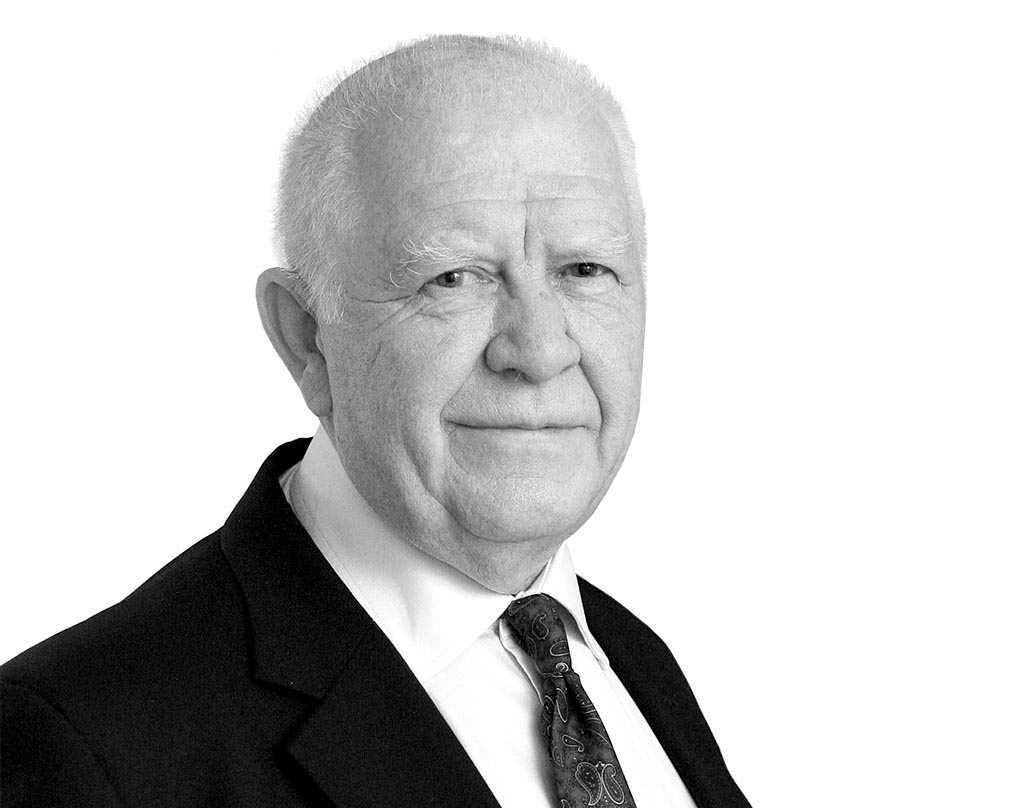by Keith Miles
The Constitution of Slovenia says that the state is a ‘democratic and social’ state.
I have wondered about this statement since the constitution was published in English in 1992. It seemed relatively harmless at the time but I did not like the potential implications.
I realised just recently after reading a book about the threats to our freedom that the manipulation of language is being used by the totalitarian left to influence the thinking of normal decent people, in particular in education. The writer explained that the use of the phrase social justice had been effectively changed to mean socialist justice which was linking an apparently nice idea to a doctrine that had been over the years shown to be extremely negative. I referred to this in my last column.
I had not thought that this was a similar effect to the use of the words social state in the Slovene Constitution. I therefore wondered how it got there and who proposed it. Was this an insertion so that readers thought of socialist-justice I wondered? That is an oxymoron if ever there was one when you think of the terror and crimes against humanity carried out in the names of socialism under communism. It is chilling to think that even the murders in the USSR, China, Yugoslavia, Cuba and others was as a percentage of the population easily exceeded by the Pol Pot regime in Cambodia with between 15% and 20% of the population murdered. When we hear self righteous leftists complaining about western countries it is necessary to remind them of these facts.
Because I wondered about this phrases in a constitution I did some brief research to see if other countries used this or similar. The one most similar is Macedonia which says ‘social state’ in article 1 of its constitution. Croatia mentions the phrases welfare state and social justice, Serbia mentions social justice, and Italy social dignity. There is no mention of this phrase by Russia, the USA, Czechia, or France, and former Yugoslavia does not even in its socialist/communist constitution use the exact phrase.
Other parts of the constitution refer to social security and health care but as both are regulated by law they could be very minimal.
What does it mean if it does not mean socialist justice? Any free academic study of justice under socialist systems will show you that it means communist party justice not free and independent.
So what is my conclusion.
In my view this phrase social justice is a remnant from socialist times and should be removed from the constitution. Determination of specific benefits and rights will always end up being made by democratically elected representatives. There are other oddities its seems to me like the right to free education. What does that mean? What amount, what level, what age group and so on? It also seems to me that with so many vague articles much of democratic power has been handed to the Constitutional Court to decide matters and as Slovene politics are perpetually split the will to get a two thirds majority for constitutional change will be hard to achieve.
Where does individual responsibility lay and does this way of writing a constitution mean the public will always be asking ‘what is the government doing’ rather than what can I do to help myself?
Clearly the constitution should have thorough going re-examination not least because many matters which should be democratically decided have been handed over to the EU and its unelected commissioners, and judges making decisions that should be made by parliament. I also wonder if any serious independent study comparing the constitution to that of other countries has been recently made.
Keith Miles is an academic, retired financier and a publicist. He is the honorary president of the Slovenian-British Friendship Association. He holds a Bachelor’s degree in finance and a Master’s degree in philosophy (MA) and worked for over 40 years as a financier and auditor in both the public and private sectors, primarily in the UK.
.

